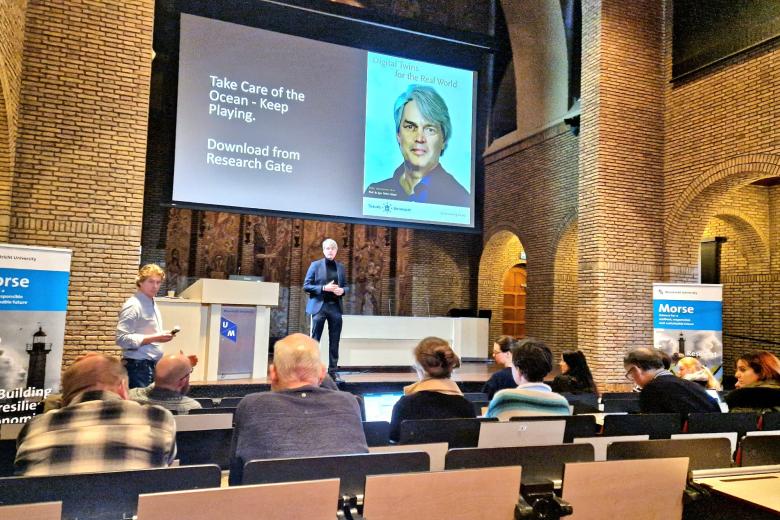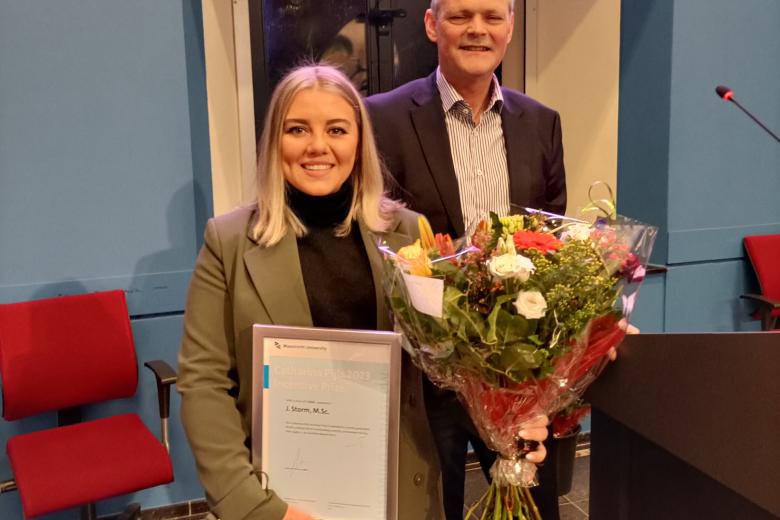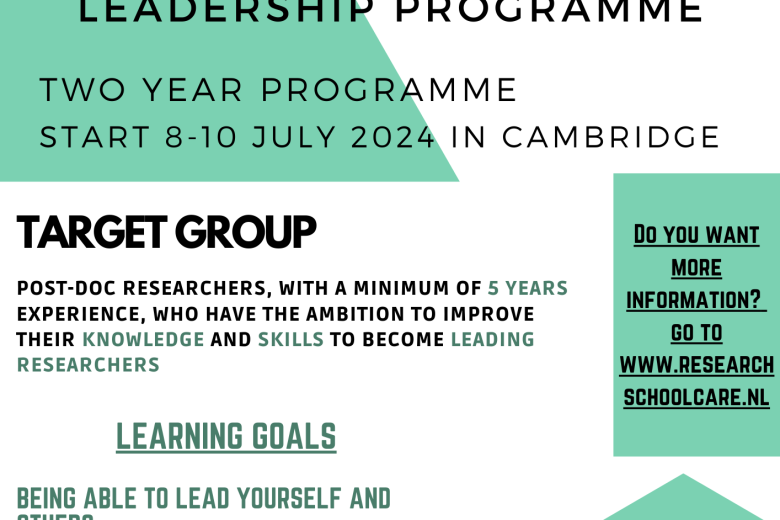Designing a Research Project for Practical Impact
As researchers, we usually consider sharing our findings once a paper is published, whether through blogs, LinkedIn and Twitter/X posts, or perhaps through executive summaries, infographics, or workshops with stakeholders. However, in reality, we cannot be certain that these post-hoc initiatives...







